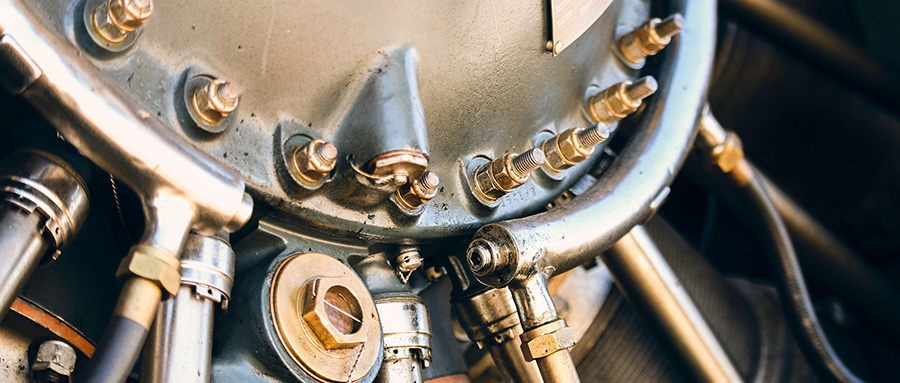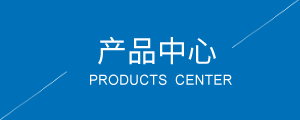News
News
您當(dāng)前位置:網(wǎng)站首頁(yè) > News
China"s Successful Development of Nuclear Power Development "Crack" Valve
發(fā)布時(shí)間:2019-08-26
Beijing, April 11, Science and Technology Daily (Reporter Chen Yu) Nuclear Power Station Pressure Regulator Pilot Safety Valve is very important for the safe operation of the reactor, and it is recognized as the most difficult equipment in the domestic production of nuclear grade valves. On April 11, the pilot safety valve prototype of "Hualong No.1" regulator was independently developed by China Nuclear Power Research and Design Institute of CNPC. It successfully completed the thermal performance test of full displacement and met the latest technical requirements of three generations of nuclear power. This means that China has successfully broken the monopoly of foreign countries and broken through the bottleneck of key nuclear power valves. To further enhance the core competitiveness of "going out".
At the acceptance appraisal meeting on the same day, experts agreed that after the successful development of the safety valve, not only can it realize the localization of the stabilizer pilot safety valve of the primary circuit coolant system, but also its core technology can provide technical support for the development of the pilot safety valve for other systems such as waste heat removal system, chemical and volume control system. Guided safety valve technology can be widely used in three generations of nuclear power plants, including "Hualong 1".
It is understood that the pilot safety valves of regulators in all nuclear power plants in service and under construction in China depend entirely on imports. Foreign countries also implement a ban on the sale of the pilot safety valves of regulators required for the export projects of nuclear power units in China. "Hualong No. 1" regulator pilot safety valve is a valve group system consisting of pilot valve, main valve, solenoid valve and other valves. At the beginning of the project, the R&D team has determined that all technologies have independent intellectual property rights, and that all parts/components can be supplied independently, so as to ensure 100% localization of equipment and no longer be subject to international competition.







